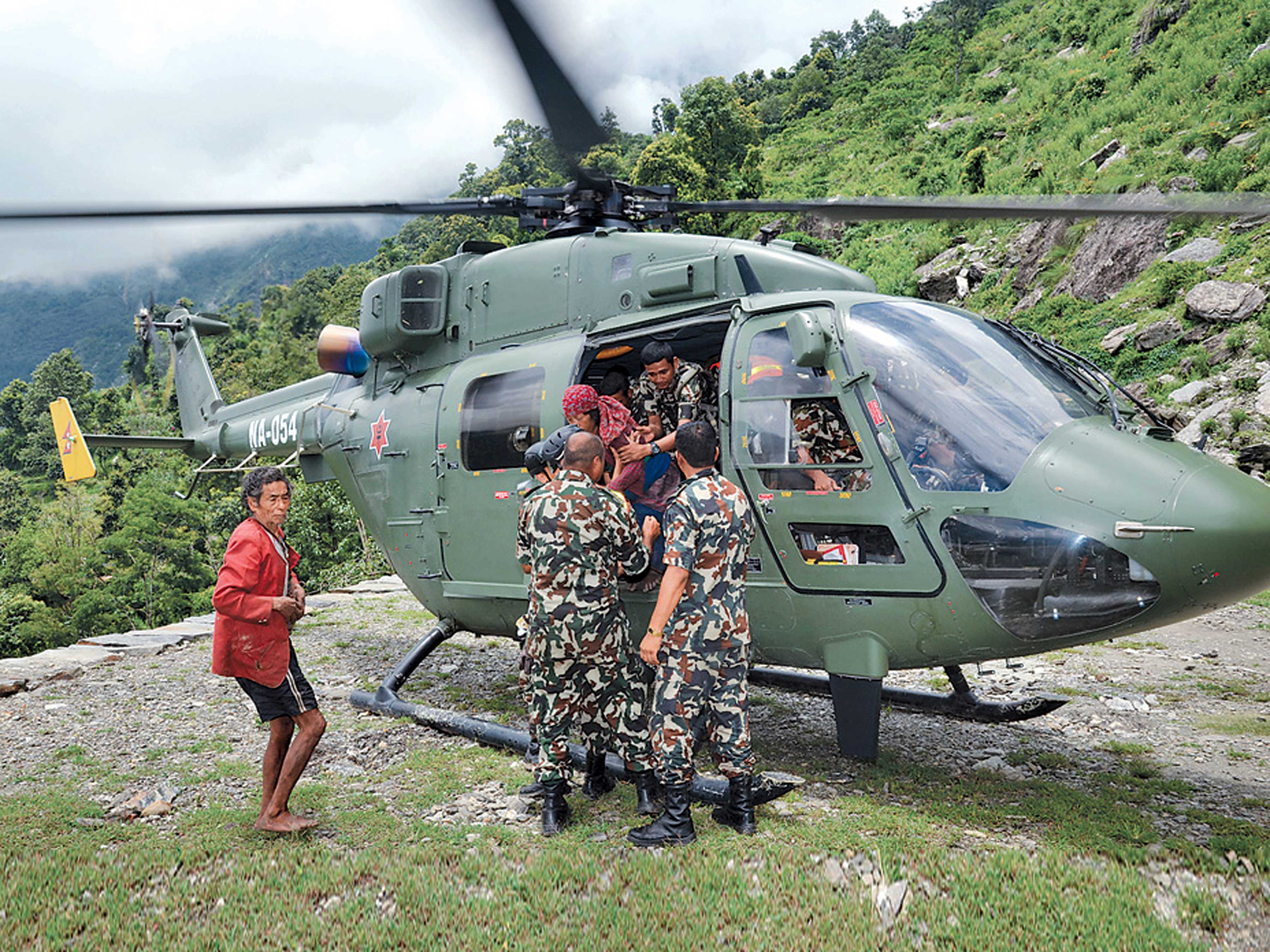
Saving the lives of Nepalese women
University of Newcastle researchers are saving the lives of mothers in Nepal, with their work set to expand across Southeast Asia.
Maternal death in the developed world is so rare that few of us know family or friends who have experienced such a catastrophic event.
In stark contrast, far too many women in developing countries are dying during pregnancy and childbirth.
Women in Nepal have a one in 388 chance of dying during pregnancy, but the real mortality rate could be higher, as many deaths remain unrecorded. By comparison, Australia’s maternal fatality rate is around five deaths per 100,000 women.
Understanding the pathway to maternal deaths
Factors influencing maternal deaths in developing countries include early marriage, maternal age, birth spacing, family size, malnutrition, poverty and poor literacy.
These can be compounded by cultural factors such as the paternal control of finances needed to access antenatal care.
The pathway to maternal death in developing regions usually involves three delays:
- a delay in a family making the decision that a pregnant woman needs help
- a delay in transporting the woman to a health facility
- a delay in accessing effective care upon arrival at a health facility.
To address these, Distinguished Laureate Professor Roger Smith and PhD candidate Binod Sharma developed an education initiative that used the role and power of song in the Nepalese culture to communicate important pregnancy health messages to rural villagers.
They then collaborated with the Nepalese government to develop an intervention program that addressed the transport delays and improved access to effective care at local healthcare facilities.
Using the Nepalese army to support maternal care
Given the difficult terrain of many Nepalese villages, the research team advocated for use of helicopter retrievals to support women with obstetric emergencies. The Nepalese government agreed and allocated funds for military helicopter evacuations. Local television outlets support the effort by regularly advertising a phone number that families can call for helicopter retrievals.
The intervention helps ensure women are transported to the nearest 24-hour emergency hospital with obstetric care. It also ensures the hospital is prepared for the arrival of women with an obstetric emergency.
Government funds have also been made available to support transport to antenatal care facilities and for the registration of maternal deaths to support better reporting.
Research impact
- The collaborative program has contributed to a 40 percent reduction in Nepal’s maternal mortality rate, with more than 800 pregnant women successfully transported to emergency care from all parts of Nepal since the program began in 2019.
- The research team is working to expand the program to Indonesia, which has one of the highest maternal fatality rates in Southeast Asia.
- University researchers built on their engagement with the Nepalese government to advocate for free menstrual pads to be made available to schoolgirls, with 2.2 million girls per year set to benefit from the initiative. This will allow girls to continue their education after they start menstruating, which supports future economic opportunities for Nepalese communities.
Last updated March 2025.
More information:
Distinguished Laureate Professor Roger Smith
+612 4042 0337

Distinguished Laureate Professor Roger Smith
Women in Nepal have a one in 388 chance of dying in pregnancy. However, this is an estimate, as many women’s deaths remain unrecorded.
Aligned with the United Nations Sustainable Development Goals
Read more research impact case studies
The University of Newcastle acknowledges the traditional custodians of the lands within our footprint areas: Awabakal, Darkinjung, Biripai, Worimi, Wonnarua, and Eora Nations. We also pay respect to the wisdom of our Elders past and present.


